Anatomy Of A Vein
In contrast to veins arteries carry blood away from the heart. This layer is the thickest layer of a veins lining and is made of loose connective tissues and an external elastic membrane.
Their lumen is larger than that of the accompanying arteries.

Anatomy of a vein. Blood from superficial veins is often directed into the deep veins through short veins. The pulmonary veins serve a very important purpose of delivering freshly oxygenated blood. The pulmonary veins along with the pulmonary arteries make up the pulmonary circulation.
Veins are blood vessels that carry blood towards the heart. A vein is a blood vessel that conducts blood toward the heart. The tunica media or media is the middle layer of a veins wall.
These are found in muscles or along bones. Veins are thin walled being thinner than the arteries. Anatomy of arteries vs veins.
Veins are the blood vessels which carry the blood from peripheral tissues towards heart. This layer is built of collagen elastic fibers and smooth muscle fibers. A vein can range in size from 1 millimeter to 1 15 centimeters in diameter.
The pulmonary veins can be affected by. Their anatomy is discussed in the following sections see figure 23 1. Veins are composed of three main layers.
There are valves in most veins to prevent backflow. Veins are less muscular than arteries and are often closer to the skin. The anatomy of the pulmonary vein anatomy.
Exceptions are the pulmonary and umbilical veins both of which carry oxygenated blood to the heart. Most veins carry deoxygenated blood from the tissues back to the heart. Veins are the large return vessels of the body and act as the blood return counterparts of arteries.
To ensure unrestricted flow of blood a venule blood vessel allows deoxygenated blood to return from the capillary beds to the vein. The smallest veins in the body are called venules. These are located in the fatty layer under your skin.
Compared to arteries veins are thin walled vessels with large and irregular lumens see figure 6. Types of veins systemic veins. Because the arteries arterioles and capillaries absorb most of the force of the hearts contractions veins and venules are subjected to very low blood pressures.
The superficial veins of the upper limb are the veins selected for most elective venipuncture. Blood to the digits is drained through an anastomosis of palmar and dorsal digital veins. The vein also contains venous valves one way flaps that prevent blood from flowing back and pooling in the lower extremities due to the effects of gravity.
They carry the deoxygenated blood which is bluish in color and for the same reason veins appear blue. Deep veins and superficial veins deep veins. The adventitia fuses with surrounding tissue in the body.
Because they are low pressure vessels larger veins are commonly equipped with valves that promote the unidirectional flow of blood toward the heart and prevent backflow toward the.
 Arteries Veins Atlas Of Anatomy
Arteries Veins Atlas Of Anatomy
:watermark(/images/watermark_only.png,0,0,0):watermark(/images/logo_url.png,-10,-10,0):format(jpeg)/images/anatomy_term/venae-cerebri-superiores/0i3VzaMluyKgLaGrvqyzEQ_987_superficial_veins_of_the_brain_lateral_view.png) Veins Of The Brain Anatomy And Clinical Notes Kenhub
Veins Of The Brain Anatomy And Clinical Notes Kenhub
 Pulmonary Veins Location Function Human Anatomy Kenhub
Pulmonary Veins Location Function Human Anatomy Kenhub
/vascular-system-veins-56c87fa03df78cfb378b3e7c.jpg) What Is A Vein Definition Types And Illustration
What Is A Vein Definition Types And Illustration
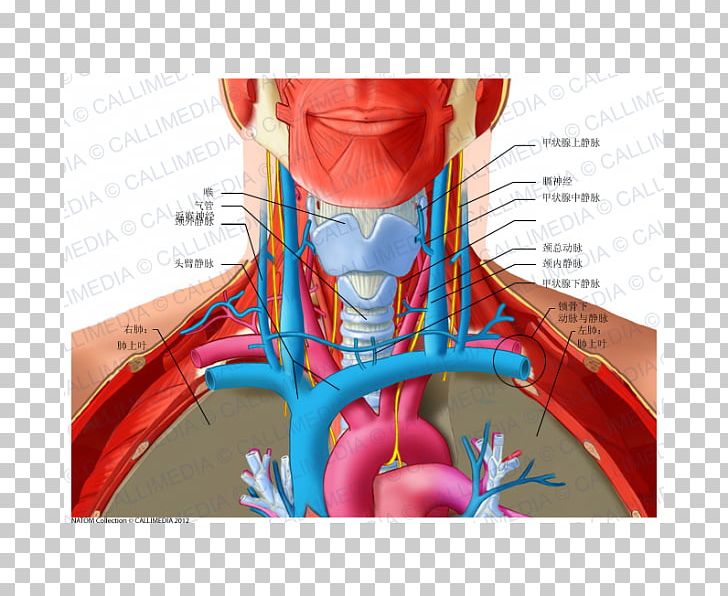 Anterior Triangle Of The Neck Posterior Triangle Of The Neck
Anterior Triangle Of The Neck Posterior Triangle Of The Neck
 Arteries Veins Atlas Of Anatomy
Arteries Veins Atlas Of Anatomy
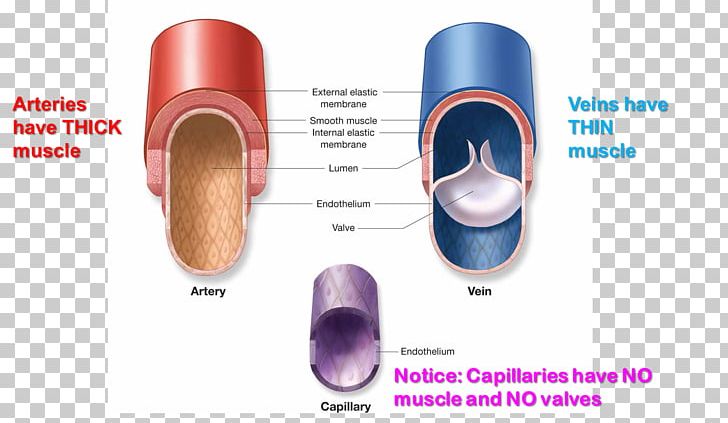 Capillary Pulmonary Artery Vein Function Png Clipart
Capillary Pulmonary Artery Vein Function Png Clipart
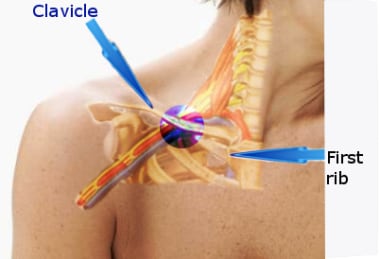 Subclavian Vein Thrombosis Practice Essentials Anatomy
Subclavian Vein Thrombosis Practice Essentials Anatomy
 Anatomy Of Artery Vein And Capillary
Anatomy Of Artery Vein And Capillary
 Arteries Veins Atlas Of Anatomy
Arteries Veins Atlas Of Anatomy
:watermark(/images/watermark_only.png,0,0,0):watermark(/images/logo_url.png,-10,-10,0):format(jpeg)/images/anatomy_term/arteria-carotis-externa-3/gZ0e9OkP5OvJpOlQqN9Daw_external_carotid_artery.png) Superficial Arteries And Veins Of The Face And Scalp Kenhub
Superficial Arteries And Veins Of The Face And Scalp Kenhub
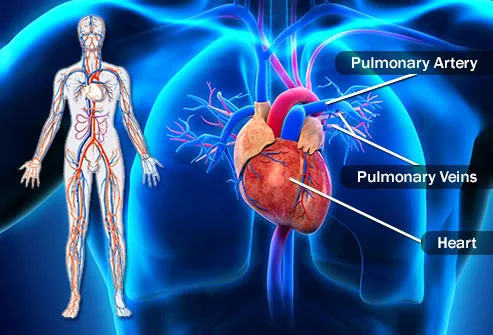 Visual Guide To Vein And Artery Problems
Visual Guide To Vein And Artery Problems
 Veins In The Body Anatomy Human Body Veins Are Blood Vessels
Veins In The Body Anatomy Human Body Veins Are Blood Vessels
:max_bytes(150000):strip_icc()/arterial_system-59a5bdab68e1a200136f1b53.jpg) What Is A Vein Definition Types And Illustration
What Is A Vein Definition Types And Illustration
 Pulmonary Veins Function Definition Anatomy
Pulmonary Veins Function Definition Anatomy
 Hepatic Portal Vein An Overview Sciencedirect Topics
Hepatic Portal Vein An Overview Sciencedirect Topics
 Veins Of The Body Part 1 Anatomy Tutorial
Veins Of The Body Part 1 Anatomy Tutorial
The Critical Need For An Iliofemoral Venous Obstruction
 Right Cephalic Vein The Anatomy Of The Veins Visual Guid
Right Cephalic Vein The Anatomy Of The Veins Visual Guid
Human Being Anatomy Blood Circulation Principal Veins
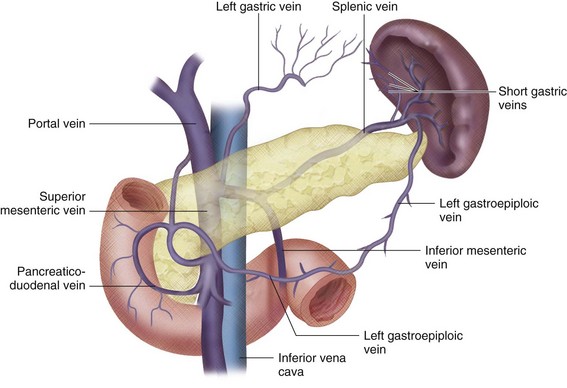 Venous Anatomy Of The Abdomen And Pelvis Clinical Gate
Venous Anatomy Of The Abdomen And Pelvis Clinical Gate

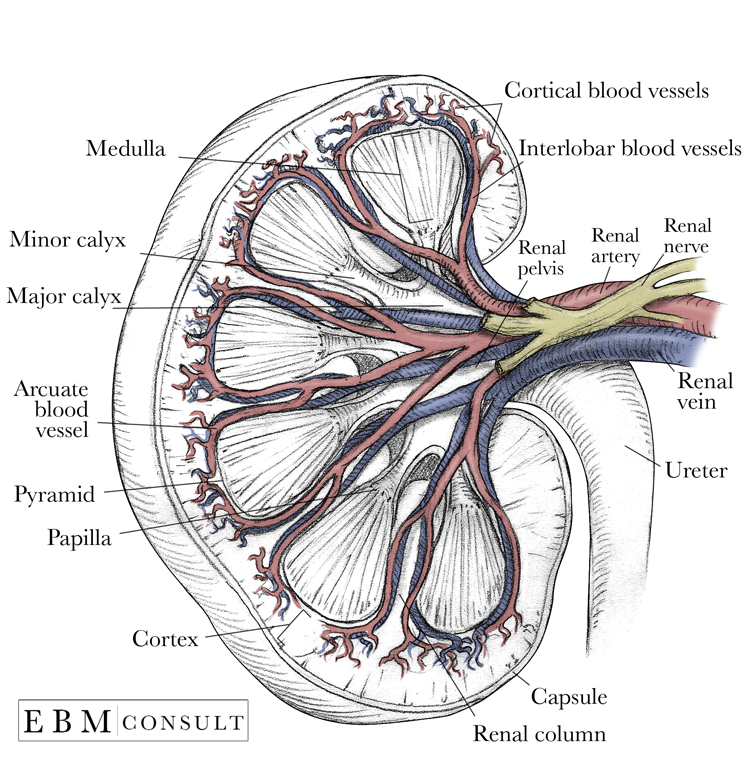
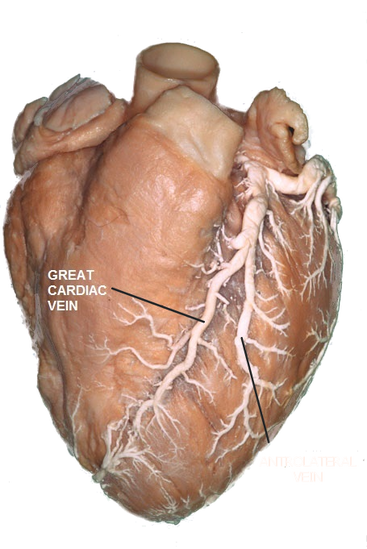



Belum ada Komentar untuk "Anatomy Of A Vein"
Posting Komentar